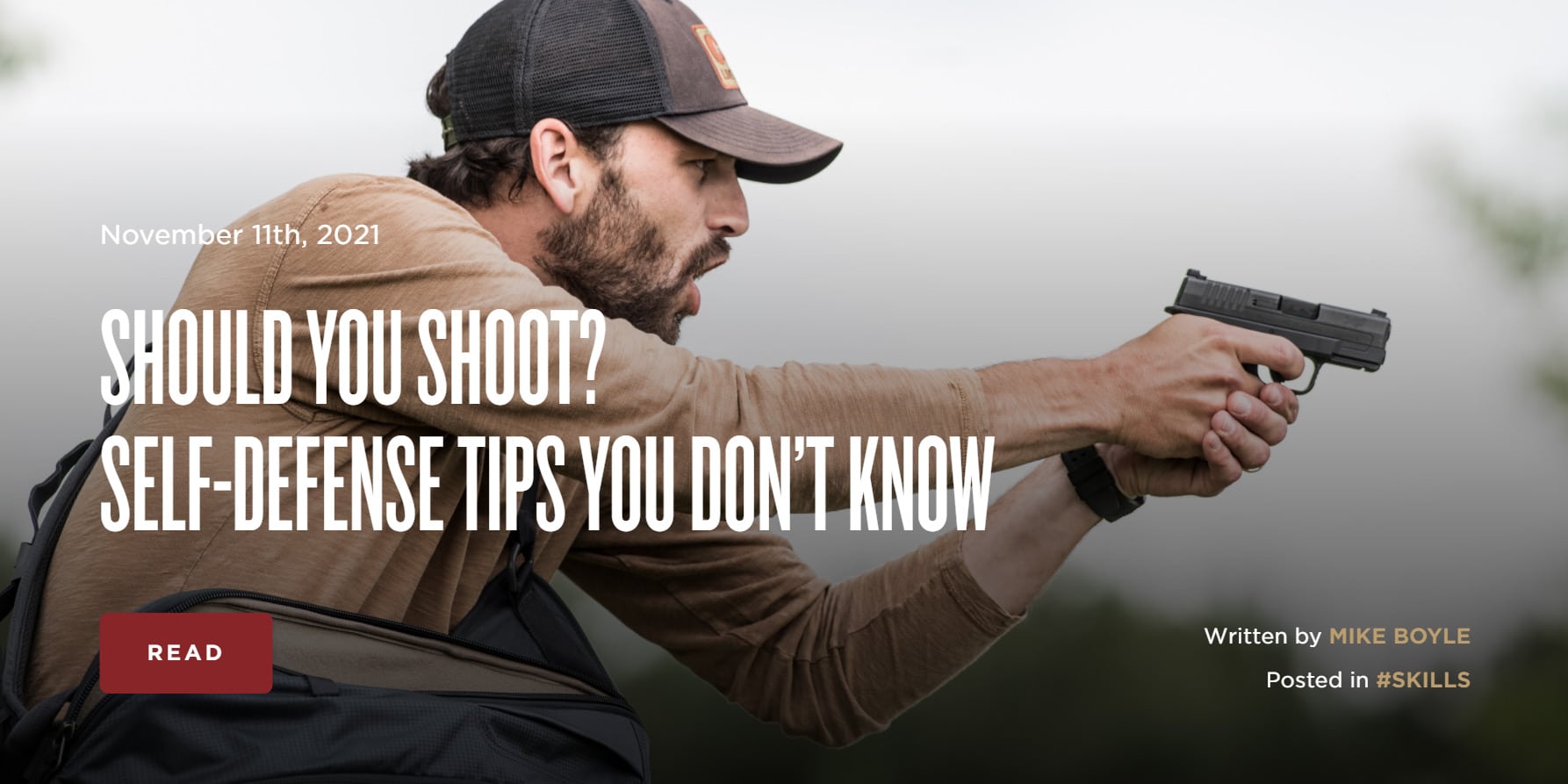U
USS Callister
Guest
On the subject of self-defense...
By our (and many states') definitions, you're permitted to shoot bad guys to stop an immediate, deadly threat to your person (and others.) I wonder, though, how many self-defense cases transitioned from self-defense into executions. Not taking into account "the heat of the moment," human nature is such that it would be REALLY tempting to let off more than the necessary rounds to stop the threat from a bad guy and punish him "with extreme prejudice." True, you'd be doing the world a favor in offing bad guys like that, but it would be hard to explain to the police "I felt threatened while letting fly the first five rounds but I felt that the sixth one stopped the threat."
By our (and many states') definitions, you're permitted to shoot bad guys to stop an immediate, deadly threat to your person (and others.) I wonder, though, how many self-defense cases transitioned from self-defense into executions. Not taking into account "the heat of the moment," human nature is such that it would be REALLY tempting to let off more than the necessary rounds to stop the threat from a bad guy and punish him "with extreme prejudice." True, you'd be doing the world a favor in offing bad guys like that, but it would be hard to explain to the police "I felt threatened while letting fly the first five rounds but I felt that the sixth one stopped the threat."

